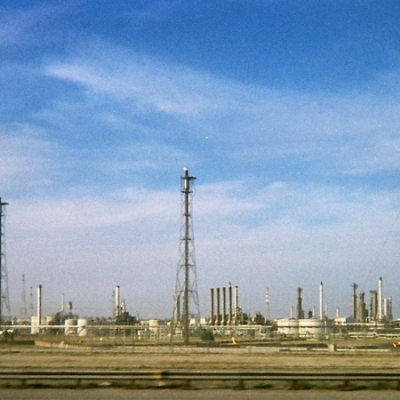Lebanon: Parliament gives confidence to the new Mikati government

On Monday, the National Assembly of Lebanon, the single-chamber parliament, voted the trust to the new government (with 85 votes out of 100) led by Prime Minister Najib Mikati, considered the richest man in the country.
Lebanese President Michel Aoun commissioned Mikati to form a new government in July of this year, reaching an agreement on its composition ten days ago. One hundred out of possible 117 MPs attended Monday’s session, which lasted over eight hours. Among those absent was former Prime Minister Saad Hariri, head of the Future Movement. Lebanon has 128 parliamentarians, but eight have resigned, and three deceased have not yet been replaced.
Mikati and his new government met with lawmakers at the UNESCO Building, the makeshift parliament building in Beirut. The session started almost an hour later than expected due to the power outages that routinely plague the Land of Cedars. For nearly a year, Lebanon had been led by a provisional government with limited powers, given the failures of previous attempts to form an executive. The new government will have the task of addressing the severe political, social, and economic crisis the country is experiencing, especially after the terrible explosion that destroyed part of the port of the capital Beirut. According to the United Nations, three-quarters of the Lebanese population lives in poverty, and the World Bank said the Lebanon crisis is one of the three worst in the past 150 years.
Prime Minister Mikati promised to lift the country out of the economic crisis, obtaining substantial aid thanks to the resumption of the negotiation with the International Monetary Fund (IMF) and making a series of economic, political, and social reforms. Several experts said they were sceptical of the success of his proposals, which appear to be buffer measures rather than sustainable and long-term solutions. Before yesterday’s vote, the multibillion-dollar prime minister presented his government’s nine-page political statement to lawmakers.
He promised that his 24-minister government would implement a series of economic and structural reforms and pledged to tackle chronic power outages, lack of food, fuel, and medicine shortages, fight rampant corruption, and end spending public wasteful. The Parliament speaker Nabih Berri asked Mikati not to read the entire statement, fearing that the electricity might go out again before the session end. The United Nations recently estimated that nearly three-quarters of the Lebanese population lives in poverty. The World Bank has warned that the country’s economic crisis is one of the three worst the world has seen in the past 150 years.



